
 The SFFaudio Podcast #576 – Jesse, Paul Weimer, and Evan Lampe about The Many-Colored Land by Julian May
The SFFaudio Podcast #576 – Jesse, Paul Weimer, and Evan Lampe about The Many-Colored Land by Julian May
Talked about on today’s show:
an unsolicited Patreon plug, now you know, now Jesse is beholden to Paul, special members only episodes, The Many Colored Land, the Patreon, Jesse doesn’t want to reward anybody for anythings, take suggestions from Patrons, Office Hours, Evan’s office hours, Evan’s decline is an ascension, Jesse’s university career, ideas throwin’ down, door open, Discord, Paul derailed us, why did Jesse agree to it?, by spoiling he interested, Luke Burrage’s review, Jesse wrote about Julian May in 2012, leaving science fiction, a young published author and then a thirty year gap, The Dune Roller, Tales Of Tomorrow, The Cremators (1972), pretty sure this book is written by a girl, really weird, not a good book for a lot of the book, what this book is, SUPER-AMBITIOUS and kinda-almost pulls it off, a great mind, did it come out of gaming?, a role-playing game style writing, this book has everything in it, a potpourri, an encyclopedia, if she was a really good writer this could be on the scale of Tolkien, tell me one thing this book doesn’t do, time travel, space aliens, telepathy, elves, portals, megafauna, magic, clerics, fighters, Sarban, the wild hunt, way too much, bursting with ideas, I can explain everything, nine more books, Jack the Bodiliess, will-o’-the-wisp, Mr Jim Moon’s Hypnogoria podcast, Jim Moon is a treasure for our time, this great research, fulfilling bits of history, the Mediterranean basin is empty, filling the basin, Down In The Bottomlands by Harry Turtledove, she’s doing everything, she made a dress for a convention and then tried to figure out who would have worn it, people making costumes of future people, a book about Robert E. Howard’s geography of Gazetteer of the Hyborian Age, Europe from 10,000 years, a dragon in Red Nails, wizardry, NO BUT WITH SCIENCE, she tries to rationalize it, a map of genre, issues, what genre is this book supossed to be?, pseudo-science fiction, psionics as magic, origin of the Celtic mythology, the Pliocene Companion, as soon as the torc was introduced, it has ODIN in it, Aiken Drum, the science fiction mindset, WOW, AMAZING!, if this book was written today…, she coulda tightened this up, La Belle Dame Sans Merci, the psychic interrogations, that’s insane, an introduction, 1981, that’s impossible, all the character classes, it feels ten years later, her pseudonym list is all male, as J.C. May, Weird Tales, C.L. Moore, he was a dude using a female pseudonym, genre expectations, a lot like Ringworld and Dream Park, really interested in gender, women’s sexuality and reproduction, Lois McMaster Bujold, Connie Willis, Pamela Sargent, its in the air, the birth control pill changes everything, she goes there, the setup, that wasn’t the book I signed up for, that’s what they thought too, pre-caveman, prehistoric adventures, fighting off smilodons, the galactic milieu, Red Mars by Kim Stanley Robinson, more motley, a blank slate, the baggage of human history, the prologue, the utopian aspect, a conservative element, something (not quite) reactionary, ethnic enclave planets, Transmetropolitan, what kind of society will these misfits create, the DM says “Haha! Switched ya!”, this has random encounters, very much like Riverworld, famous characters, the big dumb object here is Earth, rejuvenation, psychic vampires, the psychic shit, this shit from Astounding, it was totally bullshit, they thought it might be real, parapsychology, Ghostbusters is the last gasp of it being a phenomena, they’re discontinuing his research is because its bunk, a guy who used to work in remote viewing, no need for satellites, a guy in a room in Langley and we bring him a sandwich, they didn’t know it was discredited in the 50s, a news story, coffee is bad for you, this back and forth, clearly phlogiston, you idiots it was oxygen the whole time, the plate tectonics theory, what he didn’t have was the data to back it up, nobody mentions plate tectonics, how much geology, this gate can only be here, The Last God, the map in the back, have you ever seen a river?, they don’t know what they’re doing, she’s doing everything, too ambitious, it explains everything, wouldn’t it be cool if…, hello fairy, people living in caves full of uranium, change your lifestyle in order to not be mutants, these are goblins, not just Tolkien goblins but also Goblin Market by Christian Rossetti, goblins, tempting with a plate full of fruit, be a brood mare for her reproduction, Julian May is a vast reader and she wants to include it and explain it all and it mostly works, this book is not for me, a GURPS version, lift large, designed for role-playing, character creation, their stats are amplified by their torq, LARPing, L. Sprague De Camp, the Society For Creative Anachronism, Planescape and Dark Sun, Space: 1889, Spelljammer, so grounded in geology, of its time, she’s reading science fiction, its not outsider science fiction, woolly mammoths and then we’re done, she revels in it, the giant sloth gets left all by its lonesome, Evan was into the cenozoic, Jesse was a silurian man, when people think about ancient life on earth, trilobite, I love me some ferns, yo, giant sloth tunnels, untooled scratches, living in them for centuries, that’s the excitement of science fiction, the size of the universe, if this isn’t something you think about everyday poor you, this is FUNDAMENTAL to…, no, dude you can’t believe how big the universe…, poor donkey, in sympathy with the animal, the great unconformity, a plot with an empire that needs to be overthrown, H.P. Lovecraft’s The Mound, a whole civilization under the earth, Lovecraft’s utopia, I signed up for a ghost that haunts a tomb, ten thousand times bigger, she doesn’t leave any room for anything else, there are no traditions that didn’t start with this (in Europe), what is luck?, what if you have a culture based on fear?, five or six major themes, at least twenty things she’s dealing with and trying to think about, the juggling’s pretty good, Tolkien loves the forest but he doesn’t invent whole new trees, “operant”, oh god this is just technobabble, initiative has a whole set of connotations if your not a RPGs, a republican talking point, para-psychological powers, a ticking clock, big fights at the ends of books and movies, still pretty good, a wonderful stew, its 16 hours, Neal Stephenson, Dune Roller, a gothic setup, a tonne of pent up ideas, it came out in a huge geological sized flood, going through the Black Forest, all the different mushrooms, Hansel and Gretel time, very Bros. Grimm, go to Doggerland, Albion, and what would be France, the power, misfits with different weapons and armor, their murder hobos, player characters, he can’t be socialized, euthanasia or life imprisonment or exile, a slave-society, the core element, why does she go with grey?, Plato’s Republic, bronze, Plato is the original racist, the cops, the golden dude are philosophers, the TV series Spartacus, guidebooks on how to manage your slaves, reading so much Stephen King, adaptations of Carrie, in the aftermath, we gotta control women, after Roe vs. Wade, psychic powers, Firestarter, King never dropped that theme: the desire of states to control the exceptional, The Running Man, comprehensive lengths, the antecedents of everything, the book cover, she thought they were cool, what if…, six million year gap, aboriginal Australia, a hugely rich history, many more different kinds of mythological systems, in comparison, New Guinea, geographical vs. geological, it worked itself out, silly explanations, a one way time machine, questions back and answers back, lockboxes, what colour are woolly mammoth tusks?, a whole amber explanation, the plot doesn’t allow it, Halloween and May Day, reverses, like a role playing game, a cleric who can heal people, a paladin, a hunter, a pirate, a thief, this is what I do, yo, Will Emmons’ question, Neuromancer as a first science fiction book,
since you asked…
I say that DO ANDROIDS DREAM OF ELECTRIC SHEEP is not anything like “hard SF”
and neither, really, is FOUNDATION
FOUNDATION is interesting (and foundational) but not great
ANDROIDS *is* great and one shld probably be a connoisseur of SF before reading it
really hard question, I usually like to think of SF as something you read from earlier to later – give a sample size of TWO books liked – and TWO disliked – that said, and even with @PrinceJvstin worries in mind
…I would still recommend HEINLEIN – he’s not HARD SF, and he really is SF – HAVE SPACESUIT, WILL TRAVEL is a good starter book
if you don’t like HEINLEIN I think you don’t really like SF – he was made of SF
dont start with any random Heinlein tho – BIG MISTAKE
MOON IS A HARSH MISTRESS
and
STARSHIP TROOPERS
are good choices – will make you argue with HEINLEIN which is what a lot of later writers are doing in their books, arguing with HEINLEIN :)
YES, and i would say in that order, but put another book as palate cleanser in between
there’s a whole series of books that are connected to STARSHIP TROOPERS – ENDER’S GAME, ARMOR and going backwards to KIPLING’S poem M.I.
my point is…, going down a hole, a callback to science fiction, hollow earth, people having sex in Stromboli, a very famous science fiction novel by Jules Verne: Journey To The Center Of The Earth, Iceland, a little sex scene, this is all her, there is almost no visual SF at this point, working on a masters degree, very rich, let’s do a 16 hour book, dense even though it doesn’t feel that dense, not just more Tolkien, science fiction-ish, science fiction tropes, pseudo-scientific explanations, the crown, a magic system, H.G. Wells’ Floor Games, wargaming, Gary Gygax and Dave Arneson, in role playing time you build role playing games, Jesse’s repeating because Julian was repeating herself.
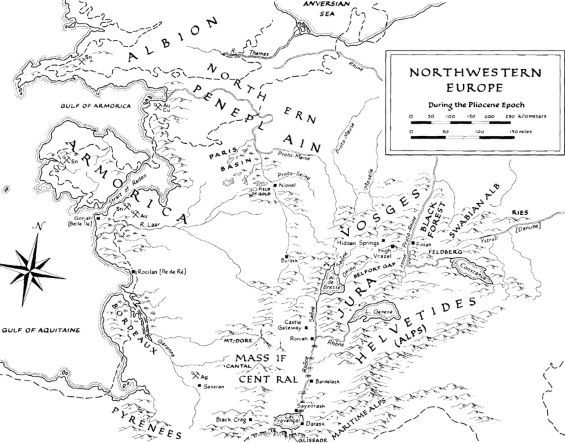
Posted by Jesse Willis



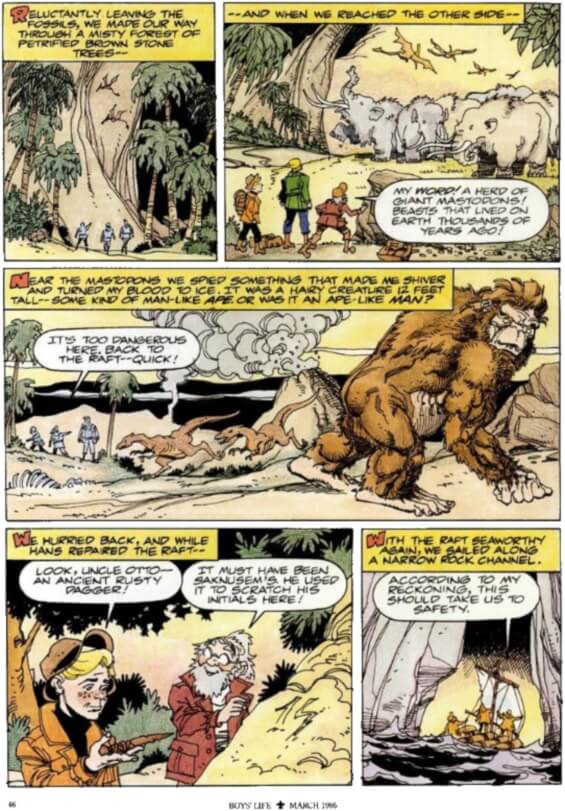
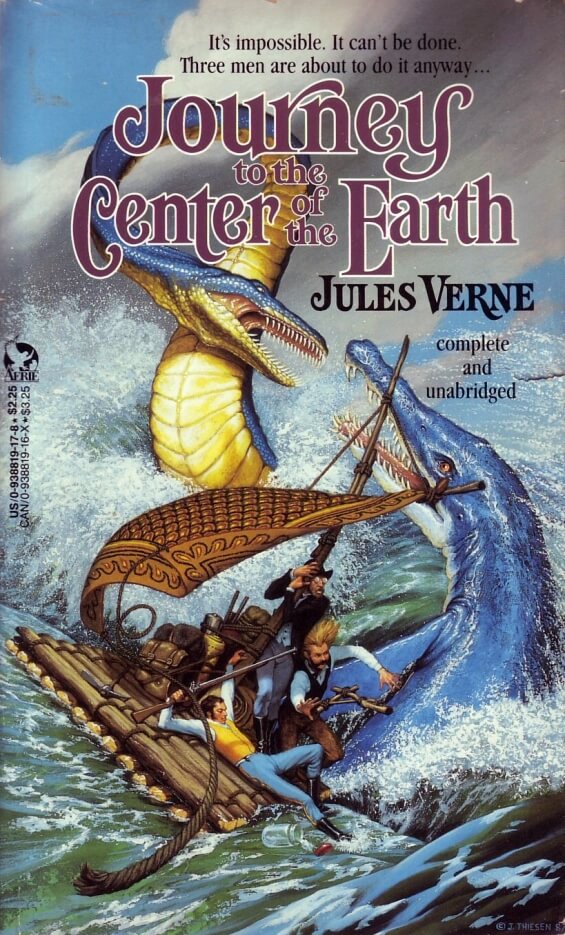
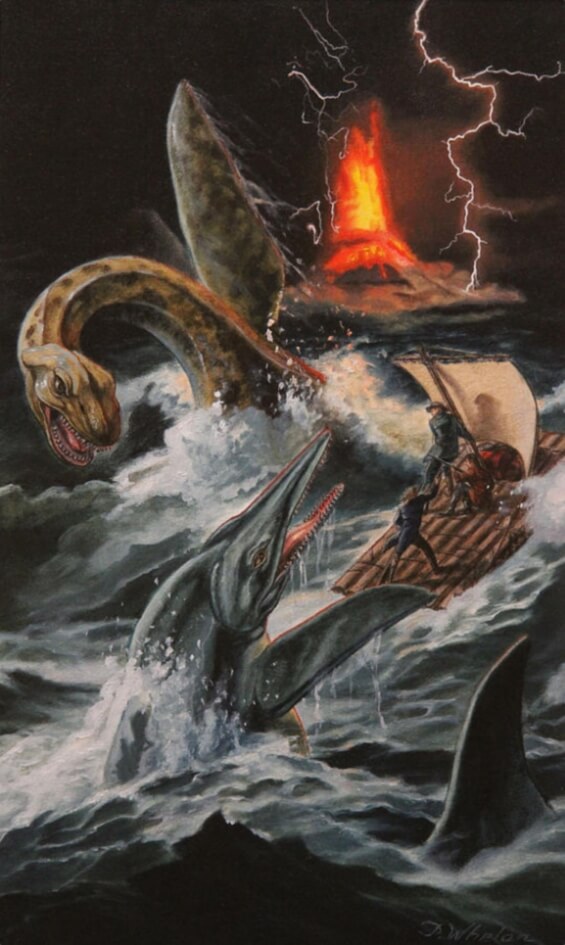
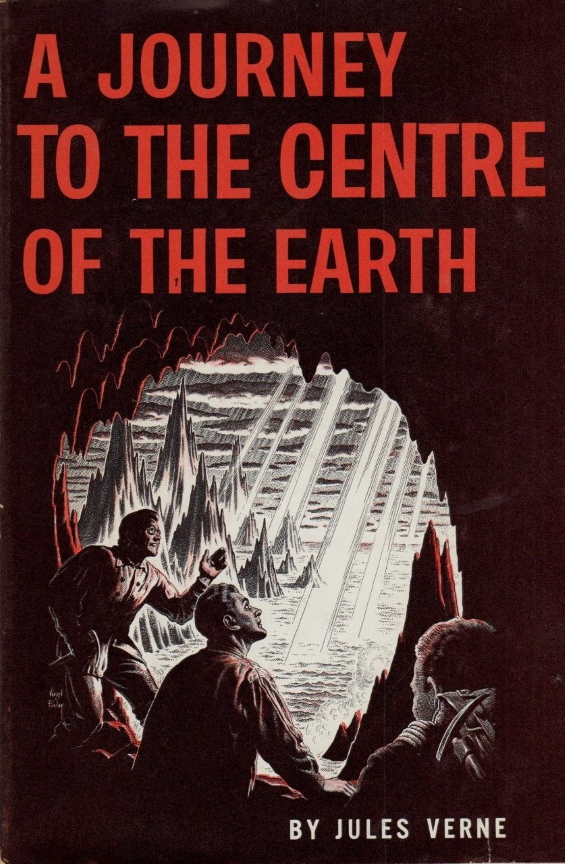
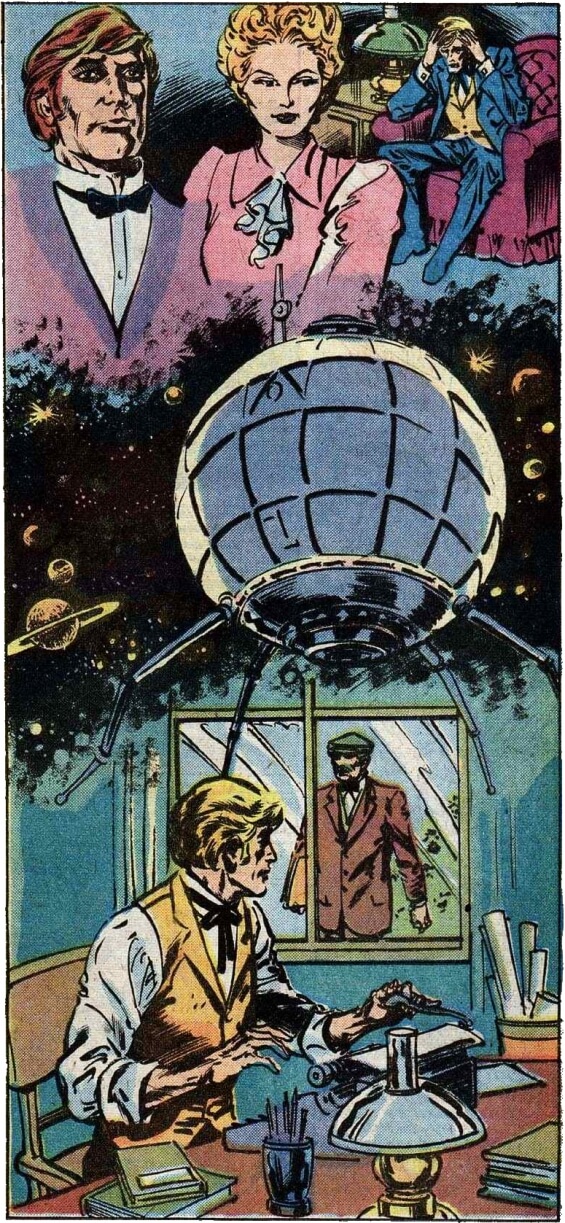
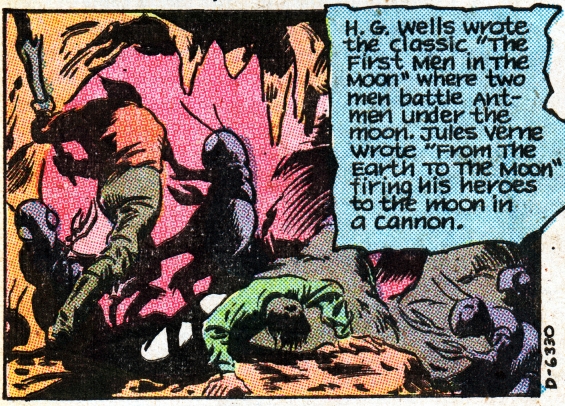


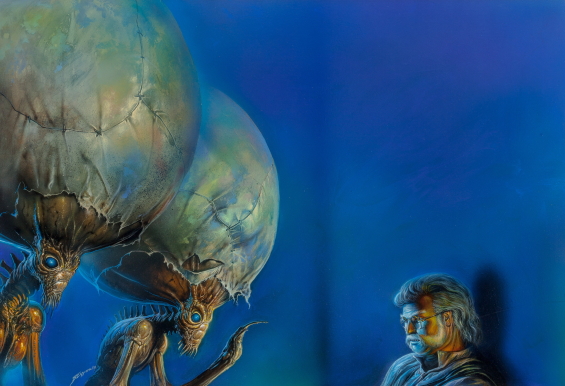



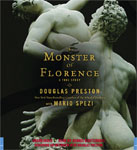

 Out now from LibriVox is an early English translation of an epic poem. Aeneas’s story is the story of the foundations of the Roman republic and the Roman empire. Its ethos plays an important role in shaping who we are nearly two millennia after it was written. I think of it as the first in a long tradition of NOIR LITERATURE. Sure, you thought that the story of Romulus and Remus was grim. But that’s much later in the history of the Roman people – at least according to the greatest Roman poet, Publius Vergilius Maro, better known as Virgil. Virgil wrote this earlier history of the Roman origins for his Emperor, Gaius Julius Caesar Octavianus, better known as Augustus.
Out now from LibriVox is an early English translation of an epic poem. Aeneas’s story is the story of the foundations of the Roman republic and the Roman empire. Its ethos plays an important role in shaping who we are nearly two millennia after it was written. I think of it as the first in a long tradition of NOIR LITERATURE. Sure, you thought that the story of Romulus and Remus was grim. But that’s much later in the history of the Roman people – at least according to the greatest Roman poet, Publius Vergilius Maro, better known as Virgil. Virgil wrote this earlier history of the Roman origins for his Emperor, Gaius Julius Caesar Octavianus, better known as Augustus. 